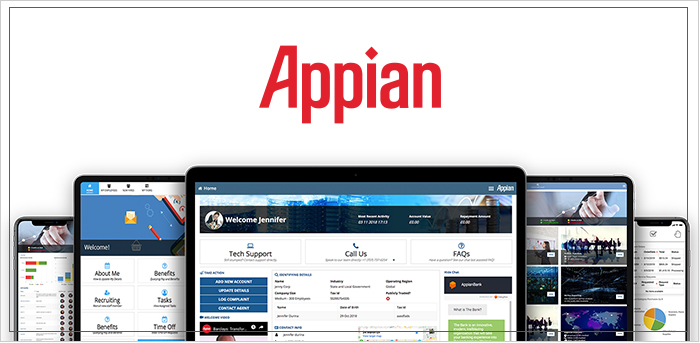

If you need a complex, custom-made solution, chances are you'll need a developer (or two) to get the job done. Plus, they're only allowing you to build using drag-and-drop elements-not necessarily anything revolutionary or brand new. These tools let you build apps, but they lack the functionality and flexibility that custom code offers. However, it's important to note that no-code app builders aren't a replacement for developers. No-code tools usually rely on APIs and integrations to connect data between databases and web services. That means you can build a mobile or web application without Python, JavaScript, Swift, C++, Go, or any other programming know-how. This could be click-and-choose, drag-and-drop, or WYSIWYG app builders-the important factor is that it requires no code. No-code app platforms empower you to build apps through a user-friendly interface. We'll answer "what is no code," highlight nuances between no code and low code, and show you a few of our favorite no-code app builders. Whether businesses need to build custom in-house solutions or SaaS apps, no-code tools can get the job done.īelow, we'll walk you through everything you need to know about no code. No-code apps and platforms give entrepreneurs a level-playing ground for building mobile, web, and business applications. Now, thanks to the evolution of no-code and low-code software, anyone who wants to build a digital product or service can become a citizen developer. Once upon a time, you had to hire a developer to build everything from your website to your mobile app.


 0 kommentar(er)
0 kommentar(er)
